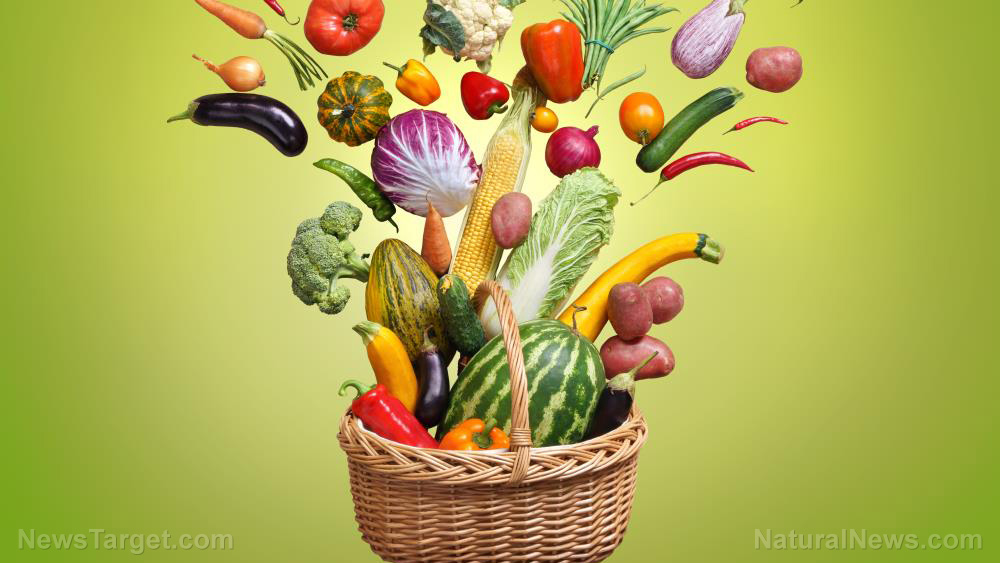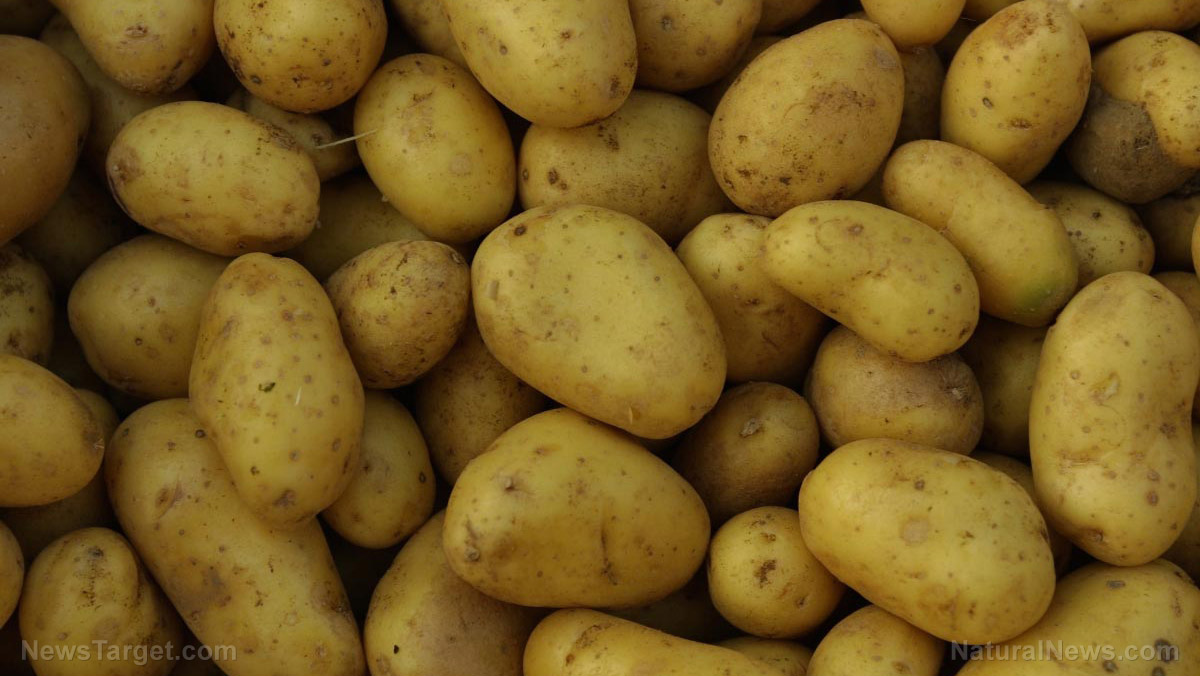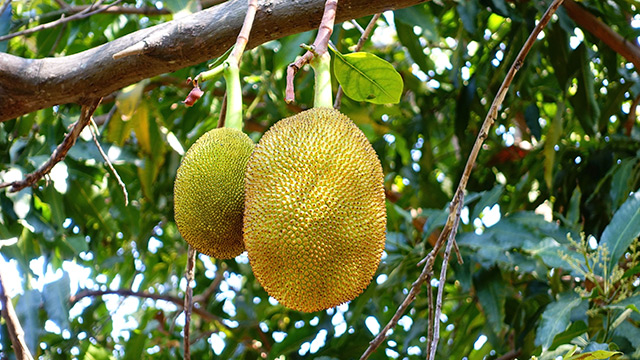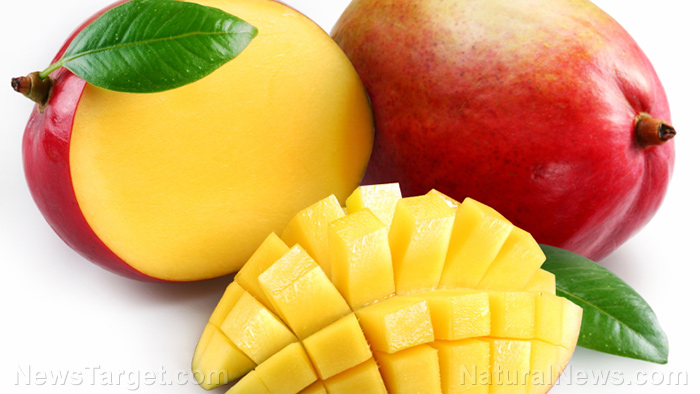For your plant-based diet to be nutritionally complete, you have to avoid deficiency of vitamins and minerals usually gained from animal products
05/11/2018 / By Michelle Simmons

If you plan to switch to a plant-based diet, you must look for alternative food items or supplements that provide vitamins and minerals that are usually obtained from animal products for your diet to be nutritionally complete. This, as well as other concerns regarding the main nutrients that may be lacking in a plant-based diet, were discussed by nutrition expert Conor Kerley spoke at the recent Nutrition in Medicine: A Focus on Plant-based Nutrition conference. In particular, he addressed the primary nutrients that are lacking in plant-based diets like vitamins D, B12, and A.
- Vitamin D – A vegan diet, according to Kerley, lacks vitamin D for the most part. This is can even be true in vegetarians — people who eat fish, eggs, fortified milk, and fortified cereals. People who follow a vegan diet can get ample vitamin D by eating certain types of sun-dried or UV irradiated mushrooms.
- Vitamin B12 – Since meat is the primary source of vitamin B12, people who solely adhere to a plant-based diet will usually lack this vitamin. “You can get vitamin B12 really easily from fortified foods and supplements,” he explained. In addition, vitamin B12 deficiency may be easy to prevent – but correcting it is a different story altogether.
- Vitamin A – The retinol form of vitamin A is lacking in plant-based diets, as it is obtained from animal liver and cod liver oil. However, its beta-carotene form is abundant in carrots, sweet potatoes, and other vegetables.
Other nutrients may be present in plant-based diets, but in inadequate amounts.
- Calcium – The risk of calcium deficiency among vegans is not a big problem, as it can be obtained from green vegetables, pulses, soy products, dried fruits, and fortified plant milk and cereals.
- Iodine – The lack of iodine among vegans is a concern – especially for pregnant and lactating mothers – as it is important for the brain development and cognitive function of infants. To prevent this from happening, Kerley added that iodine supplements are the preferred solution.
- Iron and zinc – For these two minerals, the deficiency doesn’t stem from a lack of sources; rather, the absorption of these nutrients is the cause due to the presence of phytates in some plant-based foods. To improve absorption, avoid drinking coffee and tea with foods and ensure enough vitamin C intake.
- Omega-3s – Omega-3s are mainly obtained from fish oil, and the body’s conversion capacity is limited. Kerley suggested that vegans should consider taking algal-based DHA and EPA supplements instead to avoid deficiency.
- Protein – Meanwhile, protein deficiency should not be a problem at all. Research indicated that protein needs can be met through consumption of various plant foods, such as soy, quinoa, and some legumes.
Benefits of a plant-based diet
So, what happens when you limit your meat consumption? You are more likely to live longer, that’s what.
A study of more than 450,000 adults found that those who followed a plant-based diet with 70 percent plants had a 20 percent lower risk of death due to heart disease or stroke compared to those whose diets revolved on meat and dairy. Furthermore, a long-term Harvard study that monitored over 120,000 people found that those who ate the highest amount red meat died much earlier than those who didn’t and that replacing one daily serving of beef for nuts could lower the risk of premature death by 19 percent. By eliminating meat in your diet, you will feel happier, lose weight, have higher chances of reversing heart disease, help the environment, and save more money.
Read more news stories and studies on the nutritional content of diets by going to Nutrients.news.
Sources include:
Tagged Under: Diets, food, fruits, good food, healthy food, less meat, meatless, nutrients, nutrition, nutritional content, plant-based, plant-based diet, vegan, vegetables, vegetarian



















